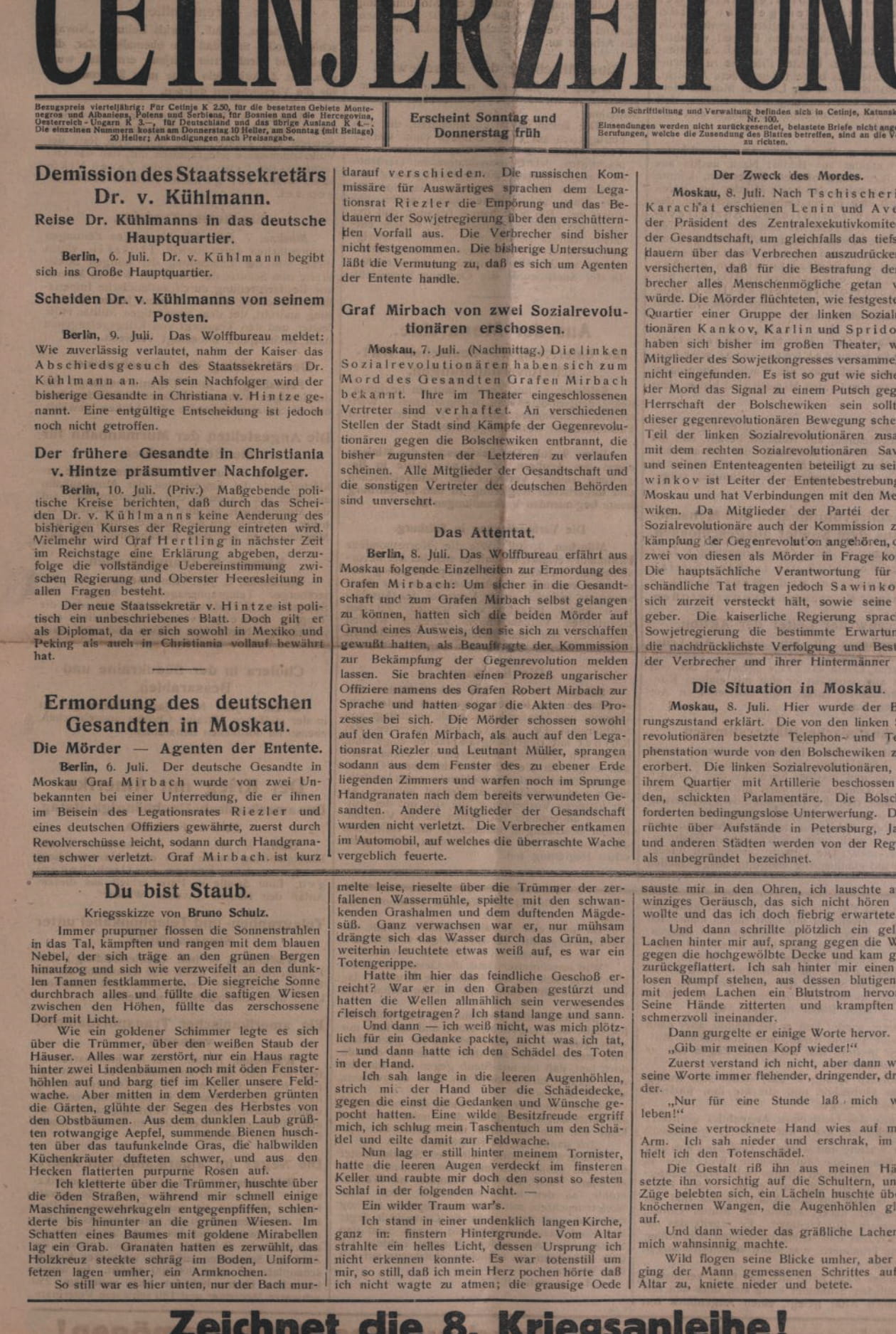Polish Kafka? O pewnym stereotypie anglojęzycznej recepcji Schulza
The „Polish Kafka”? A stereotype in/of the English-language Reception of Bruno Schulz
Author(s): Zofia ZiemannSubject(s): Comparative Study of Literature, Polish Literature, Philology, Translation Studies, British Literature, American Literature
Published by: Fundacja Terytoria Książki
Summary/Abstract: The paper revisits a popular trope of the anglophone reception of the work and figure ofBruno Schulz, offering an overview of its history based on examples from literary criticismand paratextual framing since the first edition of Celina Wieniewska’s translation in 1963to the present. It is argued that although in the beginning the mentions of Kafka naturallyhad a marketing potential, helping to introduce a then unknown author to Englishspeakingreaders, the analogy was not used in a cynical or superficial way, nor was Schulzever presented as Kafka’s poor relative. Its early proponents (Isaac Bashevis Singer, CynthaOzick, and Philip Roth) genuinely believed in Schulz’s affinity with Kafka and the CentralEuropean Jewish tradition at large. At least since the early 1990s, Schulz has been listedon a par with Kafka, other high modernists, and other eminent authors from the Austro-Hungarian Empire, often becoming a point of reference for reviewers of translated fiction.If the phrase “Polish Kafka” still sometimes appears in this shorthand form, it is usuallypresented as a cliché and/or critically elaborated. In contrast to the contemporary understandingof “Polish Kafka” in Poland as almost an evocation of an inferiority complex,in the anglophone realm the comparison to Kafka has been an expression of bona fideadmiration for Schulz.
Journal: Schulz/Forum
- Issue Year: 2020
- Issue No: 15
- Page Range: 26-43
- Page Count: 18
- Language: Polish

